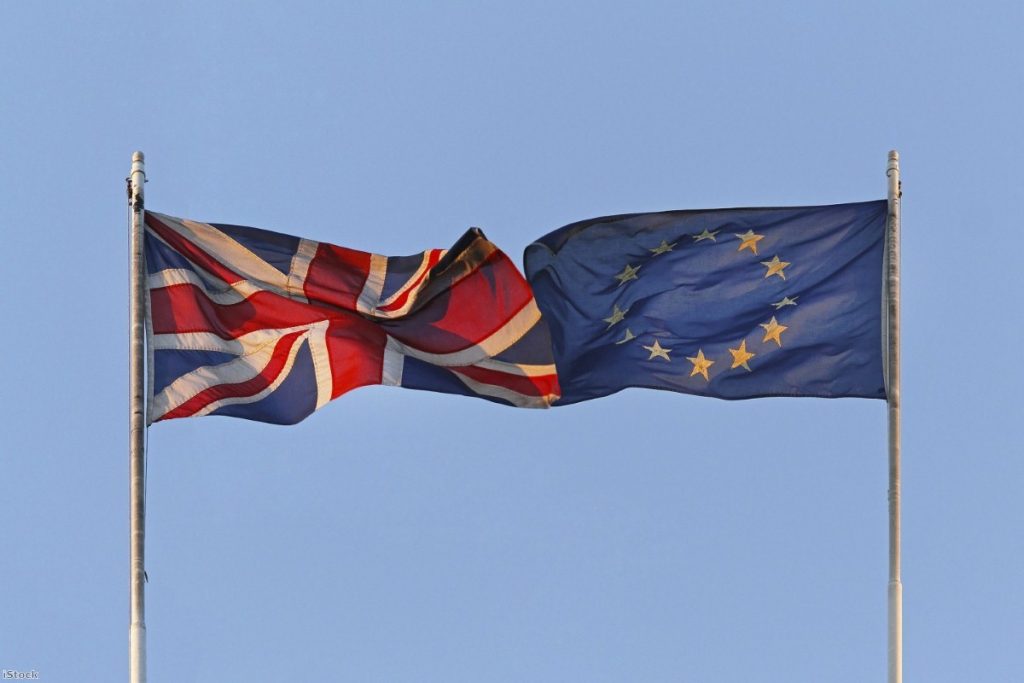There is a chill wind blowing through the capitals of Europe. Ever since the end of World War 2 the USA, acting through NATO, has guaranteed the military security of, first, Western Europe and then, after the fall of Communism, much of Central and Eastern Europe. The days of America effectively underwriting the security of Europe, however, may soon be coming to an end. In a recent speech Donald Trump declared that he would “encourage” Russia to attack NATO members who didn’t “pay their bills”. This public undermining of NATO by a likely future US President has unsurprisingly caused widespread alarm on the continent. It has led many European leaders to question whether, should they come under threat, America would be willing to wield what Teddy Roosevelt called the “big stick” of military power in their defence.
While Trump’s recent comments have brought this issue to fore, there are longer term structural factors at play as well. Ever since the Obama administration’s “Pivot to Asia” strategy was announced, the US has been focusing more resources on that region, while Europe has slowly sunk down its list of priorities. The war in Ukraine may have caught the attention of US leaders for now, but this is likely to be an aberration to a longer trend towards focusing on the rise of China, and the simmering regional tensions this is creating. As US Senator J. D. Vance declared at this year’s Munich Security Conference, “the United States has to focus more on East Asia…and Europe has to wake up to that fact.”
These fears over America’s long term willingness to protect Europe presents the UK with a golden opportunity. Along with France, the UK is one of Europe’s major military powers. While Britannia no longer rules the waves, she still packs a punch, possessing an independent nuclear deterrent, world class intelligence agencies and a conventional military (including elite special forces) still just about able to project power around the world. The UK should be willing to use its military expertise and resources as a channel through which to reach out and re-connect with Europe and the EU.
For the last 50 years, the UK has been able wield an outsized influence on the world stage due to its unique, Janus like position of simultaneously facing both America and Europe, and acting as a bridge between the two. It was long said that it was the UK whom America called when it wanted to speak to Europe. Unfortunately, since Brexit, the phones in London are ringing less often. Co-operating on defence and security matters would allow the UK to again take a seat at the European table, and thus hopefully recoup some of the of its lost international influence. However, this engagement should not just be about a one-way trade of military expertise for influence. The UK and EU both face many wider security concerns, such as energy security and guaranteeing access to rare earth metals (which are essential for most modern electronics). Here, collective action is needed, and working together on these will strengthen everyone. Also, by using security issues as the conduit, it allows for re-engagement with the EU on a selective basis, and more on the UK’s terms. It is thus more likely to be palatable to the elements of the UK’s media and political establishment that still support Brexit, and who would move to block any perceived backsliding towards EU membership.


Co-operation with the EU, however, does come with risks for the UK, and British leaders must be awake to them. In particular, many states in the EU have been heavily in infiltrated by foreign intelligence services, with Austria and Luxembourg both standing out as well known examples. An essential part of the UK’s strength comes from its membership of the Five Eyes intelligence sharing network, along with the USA, Canada, Australia and New Zealand. If concerns over greater defence and intelligence sharing with Europe led to the UK being frozen out of the Five Eyes network, then this would not be a price worth paying.
The EU also has a bad record of acting decisively in foreign affairs. The need for consensus amongst the 27 states on foreign policy means that any one country can hold everything up in order to pursue their own agenda, such as in 2020 when Cyprus cited lack of EU action in their ongoing dispute with Türkiye as justification to delay sanctions on Belarusian government officials. While Cyprus did later relent, this was only under huge pressure, and shows the weaknesses of collective action. Deeper British co-operation with Europe should not be done in a way which binds to it EU decision making mechanisms, and therefore limits the UK’s ability to act independently. There is little point in having elite special forces soldiers capable of striking in anywhere in the world, if before you can use them you must renegotiate your fishing rights with another country.
Overall, uncertainty over America presents the UK with an opportunity to positively re-engage with Europe, and to regain lost global influence. Our leaders should embrace this opportunity, but be careful that we do so on our terms, so as to not lose more than we gain.
Politics.co.uk is the UK’s leading digital-only political website, providing comprehensive coverage of UK politics. Subscribe to our daily newsletter here.












